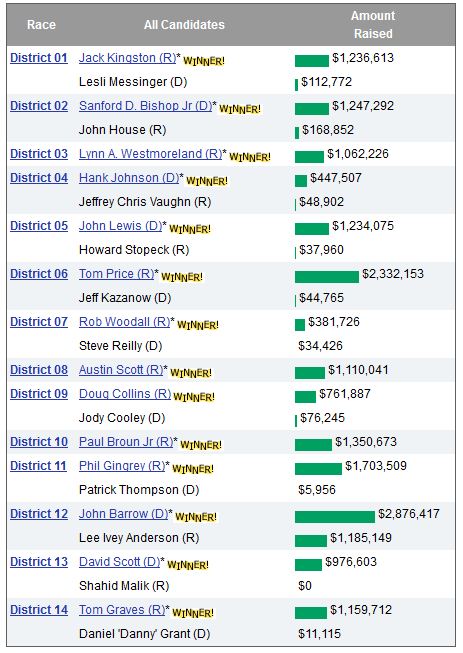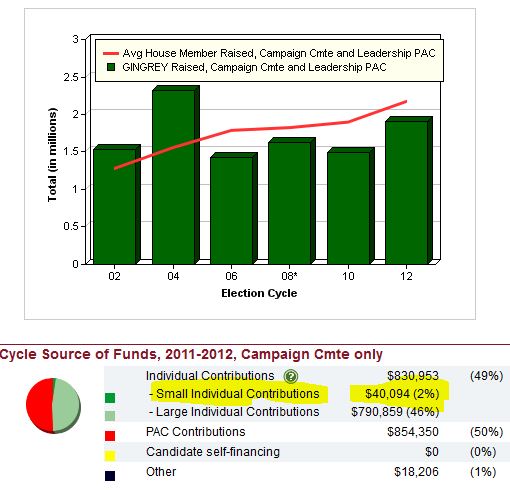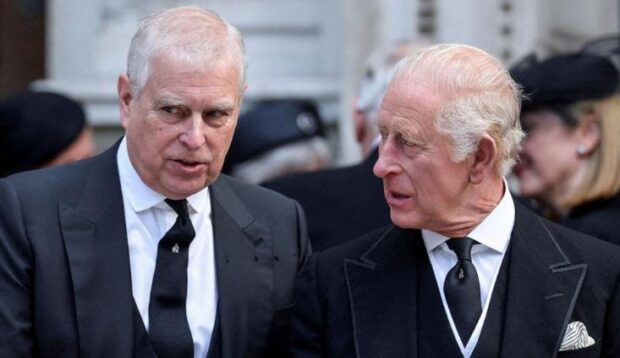The election game. Getting into the Ivory Tower
This will be one of a series of posts, musing about the psychology and strategy during the perpetual election cycle.
The election process is arduous. The trick is to persuade enough voters to vote for you and not the other guy. How is this done? There are a variety of methods, but the simple truth is that –
1 You must be known to the voters, as they will not vote for you if your name is unfamiliar. If mine was Clint Eastwood for example, I would get tens of thousands of votes just based on familiarity, irregardless that I’m not the same Clint Eastwood people know and admire.
Why do you think that you’re almost certain to be elected if your last name is Kennedy, Clinton, Bush and so on. It’s a family business. Even Ron Paul’s son is in the family business, senator from Kentucky. Chelsea Clinton is being groomed to run for Congress. Jeb Bush is being setup to run for president when Obama leaves. That’s potentially three Bush presidents! Don’t we have other qualified people? Apparently not.
So why do they run? Why not. It’s easy to manipulate the public, more interested in TV shows, movies, going to football games and so on rather than who is going to drive the country (into the ground) by continued massive spending, as they are almost all want to do.
2 Over the years, states have gerrymandered voting districts so that one major party or the other has a natural constituency, Republican or Democrat. If you’re a Democrat in a predominantly Republican district you will lose regardless of your platform or vice versa. So if you are a candidate on the wrong side, you’d better move into a more compliant district.
John Boehner is the Speaker of the House, and a thorn in President Obama’s side. Do you think that the Democratic party would have run a candidate against him in the November election? No they didn’t, as his district is solidly Republican so they knew that they were wasting there time and money. It’s that rigged.
Both parties in Georgia like lots of primary candidates to challenge the incumbents although they know they’ll lose. Why? Because they make about $4,000 per head in congressional races, their share of the state fees! Many other states just require collecting signatures from potential candidates to qualify. Georgia doesn’t, just money.
What can you tell from this graphic showing the amount of money raised by the Georgia candidates compared to their opposite party primary winning challengers? Why do you think that the incumbents won?

3 If you are in one of the thirty-six minor parties, an Independent, Libertarian, Jefferson, Freedom Party, Constitution Party, Communist Party, Green Party or whatever, you’re wasting your time and money. See 2 above. If you think that you get elected based on your ideals, you are wrong. You are elected based on being in the right district at the right time, with weaker opponents and being known to the voters. See 1 above.
Look at how much money the public gave to my 1st District rival compared to business. What does it tell you?
Voters are encouraged to vote by candidates as “every vote counts,” They don’t, particularly in presidential races. See my other post about that. You can judge satisfaction with an incumbent, not by if he is reelected which he will almost certainly will be (see 2), but by how many votes the other candidates get.
You can look at ratios through the years and easily see the level of support for the incumbents. How? By looking at the primary election ratios of the major party opponents versus the incumbents and comparing them to the general election results. That will tell you how many people of the prevailing party voted against their own incumbent candidate.
Will that make a difference? No, as voters typically are fixed in their positions and vote for a basket of positions, the good, the bad and the distasteful. They will promptly go back to their day to day lives, complaining that the politicians are no good, but mine is fine and throw out the rest. That’s a common sentiment so nobody is thrown out.
During the Primary season, candidates are more extreme in their positions specifically to appeal to their party left or right of center. The candidate’s view are extreme but always a little vague, as they must appeal to the majority of the centrist voters in their district during the general election.
That’s why their positions change, as the sales presentations are geared to a particular audience, and have little to do with what the candidate really thinks, or what they will really do if elected. If you followed the presidential election, you’ll note that Governor Romney made a lot of noise during the Primary campaign but lacking in specifics, and that he became more centrist, the closer to the election he got.
After election, the candidate’s position on something – position A can easily become position Z, the extreme opposite based on whatever lies stories explanations they want to give to assuage the audience. Fortunately, not enough people care after an election to make a difference.
Its a game of selling the sizzle, and not the steak. In advertising, you carefully explore what the audience wants to hear, and you tell them that. That’s the Primary election cycle. During the general election cycle, the audience is broader so you become more centrist to appeal to the wider audience, including the other party’s voters.
I wish I would have run for election when I turned forty, but the country was not in the incredible mess that it’s in now, then.
If I don’t get elected the next time, and speak the truth I fear that the Fiscal Cliff, will just be the beginning of our rapid decline brought to you by our Washington Congressional incumbents that put themselves first, enriching their families second, maintaining power third, supporting special interests fourth and so on, and country last.
You know it’s true. Sad, but true.





